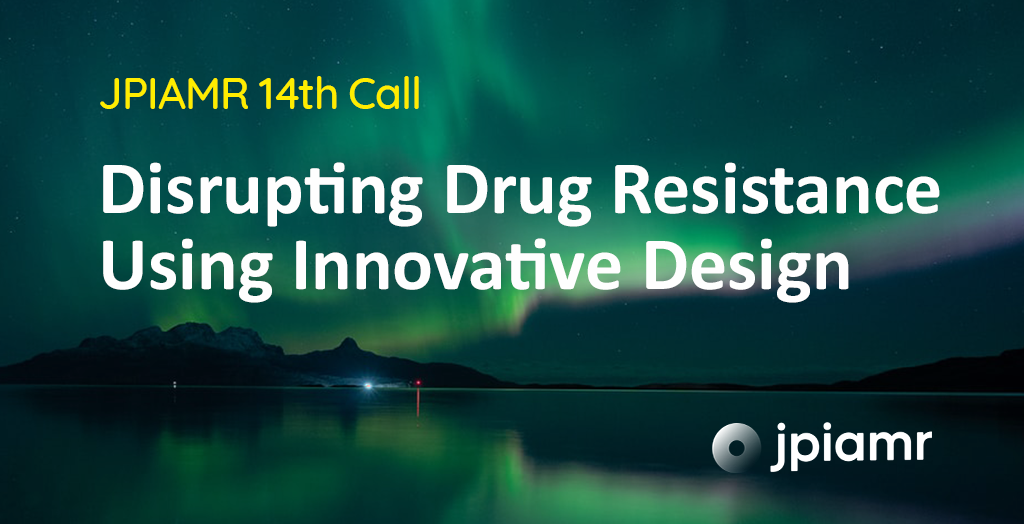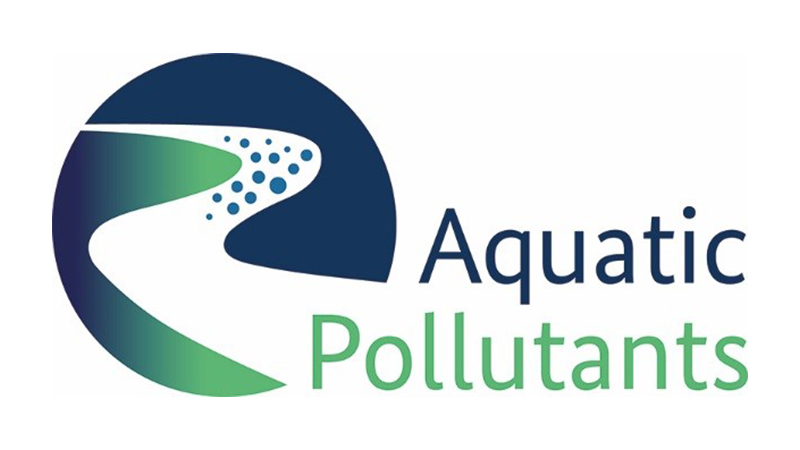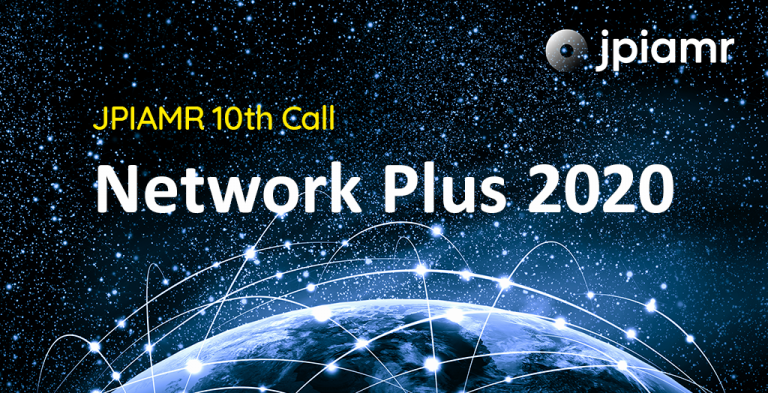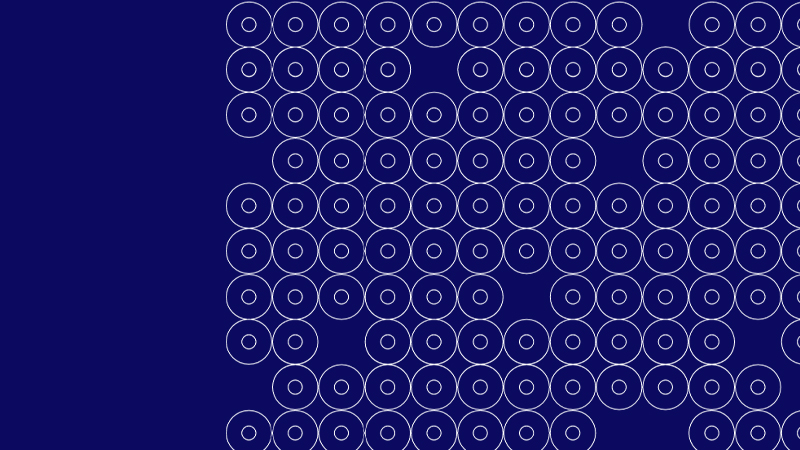JPIAMR is launching an international call for projects under the umbrella of the JPIAMR and within the framework of the ERA-NET JPIAMR-ACTION. The call Disrupting drug resistance using innovative design involves 27 funding organisations from 18 countries. The total estimated call budget is close to 19 million Euro.

This call is closed.
In line with the JPIAMR Strategic Research and Innovation Agenda, this call will focus on tackling the rising threat of antimicrobial resistance. Declining effectiveness of existing antimicrobials together with the low and insufficient number of promising new antimicrobials in the pipeline stresses the urgency to develop new protocols and innovative approaches for effective delivery and use of the already existing antimicrobials. This call aims to improve the treatment of bacterial and fungal infections (including co-infection) and/or the prevention of the emergence/spread of resistance in humans, animals or plants through the improvement of the efficacy, specificity, delivery, combinations and/or repurposing of drugs and plant protection agents.
Through this call, the ERA-NET JPIAMR-ACTION intends to create and reinforce the collaboration between research partners coming from different countries and different fields of expertise to promote research on antimicrobial resistance.
Topic of the call
Proposals should focus on licenced antimicrobial agents (antibiotics/antifungals) or agents under pre-clinical and/or early clinical development, and should address at least one of the following topics:
- Improvement of drug/plant protection agent efficacy and/or specificity through chemical modifications (including hit to lead optimisation)
- Drug/plant protection agent repurposing;
- Optimisation of drug/plant protection agent combinations, alone or with adjunct therapies (including therapeutic vaccines);
- Design and implementation of new strategies (including optimisation of drug doses) for improved application, efficacy and delivery of single or combinations of antimicrobials;
- Design and implementation of innovative tools, including novel chemistry and/or new materials for improved application, efficacy and delivery of antimicrobials.
Proposals can focus on one or more of the three “One-Health” settings, namely:
- Human Health, and/or
- Animal Health (including wildlife, livestock, fishes, and companion animals), and/or
- Plants (including trees and crops)
The following sub-topics are out of scope of the call:
- Antiviral and antiparasitic agents
- Discovery and/or screening of new compounds, new vaccines and/or new targets
- Proposals solely aiming to develop new diagnostics or new companion diagnostics (companion diagnostics in evaluation of the antimicrobials can be examined but they should not be the main topic of the proposal.)
Participation of end-users, stakeholders and companies is encouraged.
Eligibility
Consortia should consists of a maximum of six (6) project partners (including non-funded partners). The maximum number of partners can be increased to seven (7) if the consortium includes a company, or a partner coming from low or middle income countries, Lithuania or Poland. The budget of non-funded partners shall not exceed 30% of the total transnational project budget requested. Furthermore, consortia should always consist of a majority of project partners eligible for funding. Funding is granted for a maximum of three (3) years in accordance with national regulations and applicable legal provisions.
Timeline
The call Disrupting drug resistance using innovative design will follow a two-step evaluation procedure.
11 January 2022 (10.00 CET) – Call opens
8 March 2022 (14.00 CET) – Deadline pre-proposals
5 July 2022 – Deadline full proposals
Please contact the call secretariat if you have any questions about the call: JPI-AMRCalls@agencerecherche.fr
Information & application
- Call text (pdf 1 MB) Updated 2022-01-28: Changes in Annex B (National Rules and Requirements) for the United Kingdom. All specific information on the call “Disrupting drug resistance using innovative design”.
- Pre-proposal application form (Word file 0,1 MB). Updated 2022-02-10: Modifications of the table in section B3 and the letter of intent in Annex C. The application form must be attached to the application in the submission platform.
- Submission platform. The pre-proposal must be submitted by the coordinator before 8 March 2022, 14h CET using the electronic submission platform.
- Applicants from LMIC countries (for more details see Call text, Annex B: National Rules and Requirements):
- Sida will support participation of researchers from low income countries in sub-Saharan Africa, and other sub-Saharan African countries where Sweden has bilateral development cooperation. General Conditions applicable to Grants from Sida to NGO:s, regarding project/programme support and core support (pdf 0,15 MB)
Webinar for applicants
A live webinar for applicants was held on the 25th of January 2022 presenting the call and the partner search tool. Representatives from funders participating in the call were available to answer questions.
The webinar was recorded and the videos are now available on the JPIAMR YouTube channel:
Questions and Answers:
- Selection the Q&As from the webinar (pdf 0,1 MB)
Partner Search Tool
A match-making tool has been created for applicants, to facilitate networking and the creation of consortia.
The tool can be consulted for several purposes:
- Partner looking for project: As individual researcher or a representative of a lab or research team, searching for a project to join.
- Project looking for partner: If you want to build a consortium around an existing project and want to find partners for your project ideas.
Partner Search Tool for the call Disrupting drug resistance using innovative design
Related material
Videos describing some of the funded projects in this call are now available on the JPIAMR YouTube channel:
Funders
Partners working in eligible low and middle income countries can be funded by the Swedish International Development Cooperation Agency (Sida).
Belgium
Fonds voor Wetenschappelijk onderzoek-Vlaanderen (FWO)
Fonds de la Recherche Scientifique (FNRS)
Canada
Canadian Institute of Health Research (CIHR)
Czech Republic
Ministry of Education, Youth and Sports (MEYS)
Denmark
Innovation Fund Denmark (IFD)
Estonia
Estonian Research Council (ETAg)
France
Agence Nationale de la Recherche (ANR)
Germany
The Federal Ministry of Education and Research (BMBF)
Hungary
National Research, Development and Innovation Office (NKFIH)
Israel
Ministry of Health (CSO-MOH)
Italy
Fondazione Regionale per la Ricerca Biomedica (FRRB)
Ministero della Salute (It-MoH)
Latvia
Valsts Izglitibas Attistibas Agentura (VIAA)
Latvijas Zinatnes padome (LZP)
Lithuania
Research Council of Lithuania (RCL)
Moldova
Agentia Nationala Pentru Cercetare Si Dezvoltare (ANCD)
Poland
Narodowe Centrum Nauki (NCN)
National Centre for Research and Development (NCBR)
Spain
Agencia Estatal de Investgacion (AEI)
Instituto de Salud Carlos III (ISCIII)
Sweden
Swedish Research Council (SRC)
Swedish International Development Cooperation Agency (Sida)
Vinnova, Sweden’s innovation agency
Switzerland
Swiss National Science Foundation (SNSF)
United Kingdom
Medical Research Council (MRC)
Biotechnology and Biological Sciences Research Council (BBSRC)
Engineering and Physical Sciences Research Council (EPSRC)
Supported projects
Thirteen projects involving 72 partners from 15 different countries have been recommended for funding within the JPIAMR 14th transnational call: “Disrupting drug Resistance Using Innovative Design” The total funding amount is 15,4 M€. Click on the project titles in the list below to learn more on each project.








